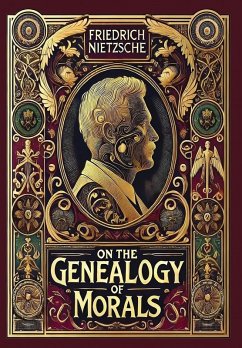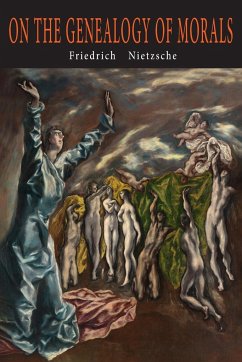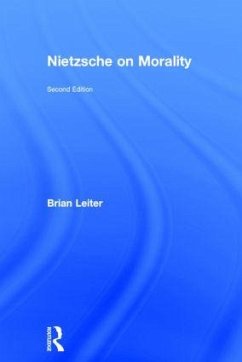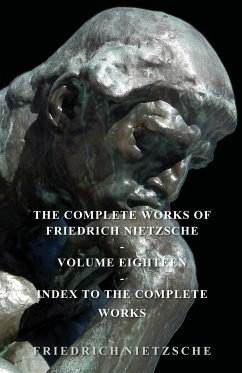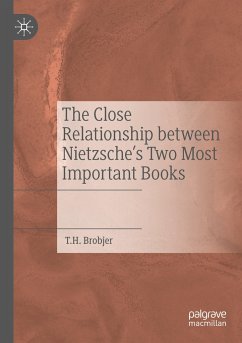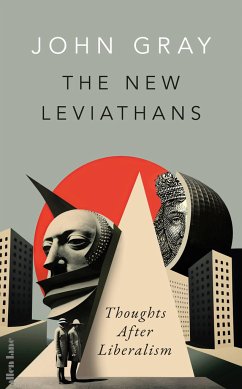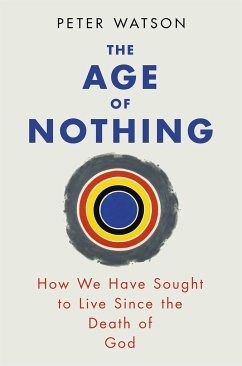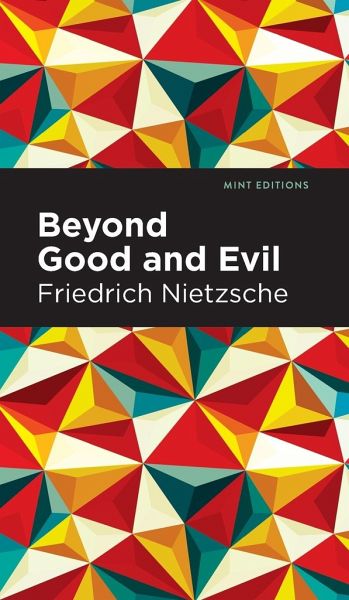
Beyond Good and Evil

PAYBACK Punkte
8 °P sammeln!
In Beyond Good and Evil, Friedrich Nietzsche gives an impassioned analysis of Western religion, specifically Christianity, that confronts its authoritative view of humans and nature. Nietzsche introduces a counterargument that dismisses groupthink or herd mentality and emphasizes a person's "will to power." He demystifies past ideas, encouraging a bold alternative. An honest study of different ideologies and their influence on positive and negative behaviors. With nearly 300 aphorisms, the author criticizes the state of philosophy and its link to conventional wisdom. He also rejects a universa...
In Beyond Good and Evil, Friedrich Nietzsche gives an impassioned analysis of Western religion, specifically Christianity, that confronts its authoritative view of humans and nature. Nietzsche introduces a counterargument that dismisses groupthink or herd mentality and emphasizes a person's "will to power." He demystifies past ideas, encouraging a bold alternative. An honest study of different ideologies and their influence on positive and negative behaviors. With nearly 300 aphorisms, the author criticizes the state of philosophy and its link to conventional wisdom. He also rejects a universal code of ethics as it doesn't account for the distinct characteristics of each individual. Nietzsche suggests every person has a lived experience that affects their outlook on what's right and wrong. Nietzsche is one of the most famous and controversial thinkers of all-time. His works are staples within the intellectual community and are used to discuss identity, nobility and personal growth. He is often a point of reference for other scholars, including psychologists, scientists and political leaders. With an eye-catching new cover, and professionally typeset manuscript, this edition of Beyond Good and Evil is both modern and readable. Since our inception in 2020, Mint Editions has kept sustainability and innovation at the forefront of our mission. Each and every Mint Edition title gets a fresh, professionally typeset manuscript and a dazzling new cover, all while maintaining the integrity of the original book. With thousands of titles in our collection, we aim to spotlight diverse public domain works to help them find modern audiences. Mint Editions celebrates a breadth of literary works, curated from both canonical and overlooked classics from writers around the globe.





